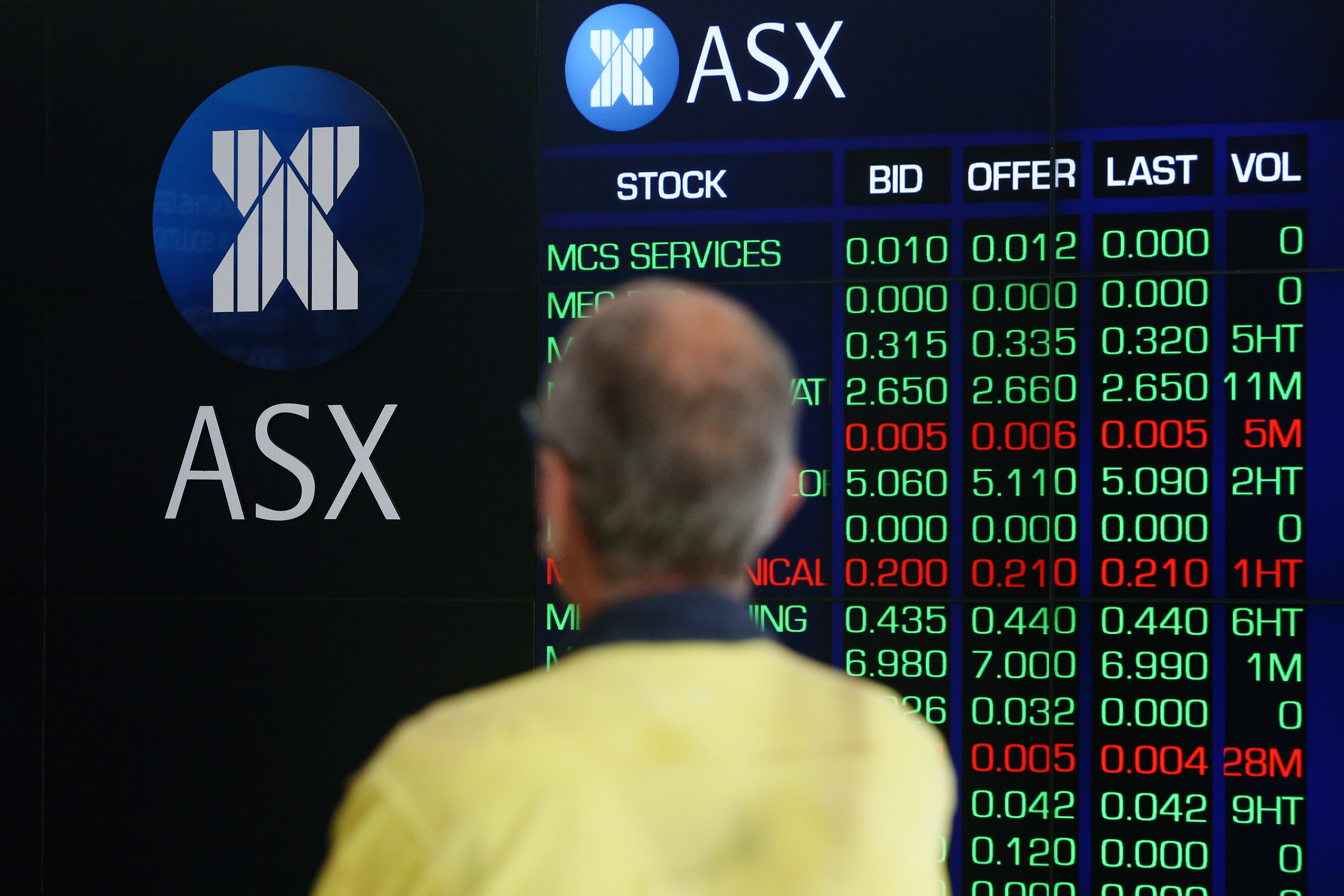
Asia Pacific markets traded mixed on Thursday as South Korea reported a decline in second-quarter GDP, largely due to a steep fall in exports.
In Australia, the benchmark ASX 200 rose 0.32%. The heavily weighted financials subindex rose 0.13% while the energy sector added 0.92%.
South Korea’s Kospi index fell 0.48% while in Taiwan, shares were down 0.37%. Hong Kong’s Hang Seng index rose 1.05%.
Chinese mainland markets were lower: The Shanghai composite traded down 0.95%, the Shenzhen component fell 1.53% and the Shenzhen composite was down 1.94%.
Tensions between Washington and Beijing escalated after the U.S. State Department abruptly ordered China to close its consulate in Houston, which drew condemnation from China’s foreign ministry as it warned of firm countermeasures if the U.S. does not reverse its decision.
The session in Asia followed mixed sessions overnight where European shares fell but the Dow Jones Industrial Average rose more than 150 points.
“Hopes of more fiscal stimulus in the US and optimism about a vaccine weighed against concerns about escalating US-China tensions overnight,” John Bromhead from ANZ Research wrote in a morning note.
CNBC reported that Republicans are considering extending current unemployment benefits at $400 per month through December. The U.S. is dealing with a wave of unemployment unseen in decades as states shut down their economies to combat the coronavirus pandemic that has infected more than 15 million people worldwide and killed over 620,000.
Markets in Japan are closed for a public holiday.
South Korea’s GDP
South Korea’s central bank released advanced estimates of the country’s gross domestic product for the three months that ended in June.
Growth declined 3.3% for the quarter compared with the prior three months that ended in March and was down 2.9% from last year, Bank of Korea said. While private consumption rose 1.4% as people spent more on durable goods, exports dropped 16.6% due to declines in motor vehicles as well as coal and petroleum products.
Yonhap News reported that level of growth decline had not been seen in about two decades since 1998.
For its part, South Korea largely managed to avoid stringent nationwide lockdowns seen in other countries to curb the virus’ spread. Seoul imposed strict social distancing measures and conducted mass testing to identify infected individuals. Still, the country is facing a resurgence in cases with local media reporting that cluster infections were traced to a military unit and nursing homes.
Currencies and oil
In the currency market, the dollar index, which measures the greenback against a basket of its peers, last traded at 94.955, declining from levels above 96.00 in the previous week.
The Australian dollar was flat and changed hands at $0.7137 while the Korean won traded at 1,198.61 per U.S. dollar, with the dollar/won pair up 0.12%.
Oil prices rose on Thursday during Asian trading hours following slight declines overnight.
Global benchmark Brent added 0.2% to $44.38 a barrel while U.S. crude was up 0.17% at $41.97.
U.S. crude and distillate inventories rose unexpectedly and fuel demand slipped in the most recent week, according to the Energy Information Administration, Reuters reported.
Correction: This article has been corrected to reflect the market movements occurred Thursday.
Source: CNBC
